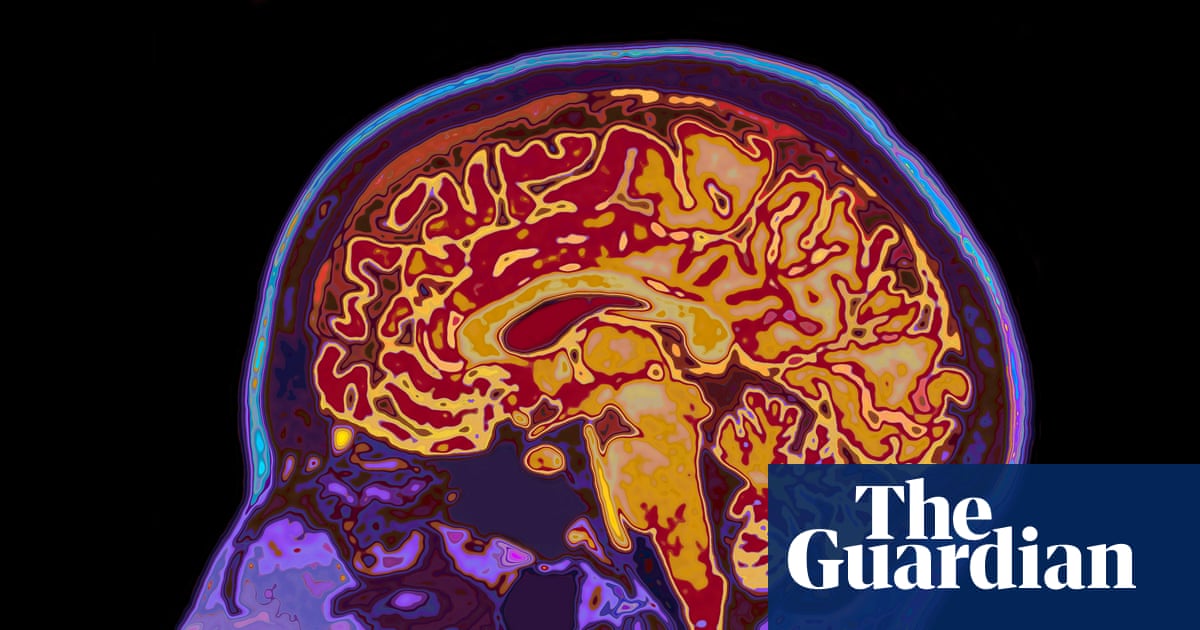
"Such momentary lapses in attention are a common problem for the sleep deprived, but what happens in the brain in these spells of mental shutdown has proved hard to pin down. Now scientists have shed light on the process and found there is more to zoning out than meets the eye. The brief loss of focus coincides with a wave of fluid flowing out of the brain, which returns once attention recovers."
"The moment somebody's attention fails is the moment this wave of fluid starts to pulse, said Dr Laura Lewis, a senior author on the study at MIT in Boston. It's not just that your neurons aren't paying attention to the world, there's this big change in fluid in the brain at the same time. Lewis and her colleague Dr Zinong Yang investigated the sleep-deprived brain to understand the kinds of attention failures that lead drowsy drivers to crash and tired animals to become a predator's"
Sleep deprivation produces brief lapses in attention marked by slower or absent responses to simple auditory or visual stimuli. Those lapses coincide with a pulsatile wave of cerebrospinal fluid being expelled from the brain and returning about a second after attention recovers. Such fluid waves normally occur during deep sleep and are thought to help clear metabolic waste. Twenty-six volunteers underwent EEG and fMRI scanning after a restful night and after total sleep deprivation while performing rapid-response tasks. Sleep-deprived scans showed increased attention failures and associated fluid pulses that begin as attention drops and resolve when focus returns.
Read at www.theguardian.com
Unable to calculate read time
Collection
[
|
...
]